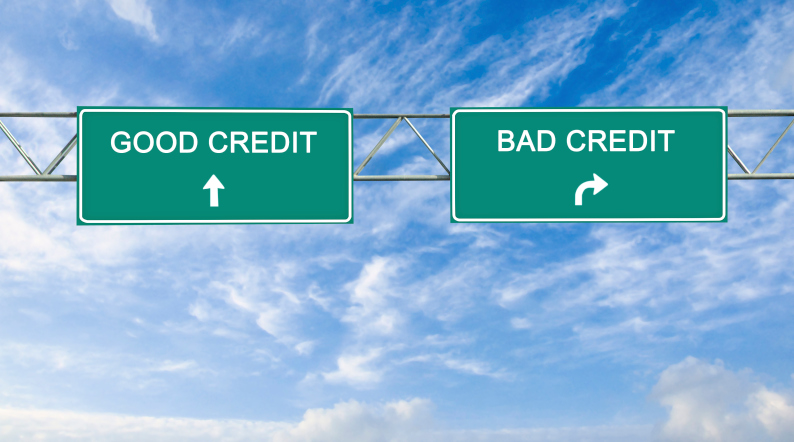FICO Scores and Your Mortgage: How to Bump Your FICO Score to Secure a Better Mortgage Rate
 Is your credit score holding you back from getting the best rate on your next mortgage? The good news is that there are actions that you can take to increase your credit score and improve the interest rate offered on your next home loan.
Is your credit score holding you back from getting the best rate on your next mortgage? The good news is that there are actions that you can take to increase your credit score and improve the interest rate offered on your next home loan.
Here are a few easy and effective tips to help you get your credit score to where you want it to be.
Increase The Amount Of Credit Available To You
The easiest way to increase your credit score is to increase your credit limit, as this reduces your utilization ratio. To do this, you can either apply for another credit card or ask a current credit card provider to increase your credit limit. Those who have a stable income and have made their monthly payments on time should have no problem getting an increase of their credit limit.
Pay Down The Balances On Your Credit Card
Paying down your credit card balances can help you increase your credit score, as a large portion of your score is determined by the percent of available credit that you are using. Ideally, you want each card balance to be under 30 percent of the total limit while also keeping your total credit usage to less than 30 percent of available credit. A utilization ratio under 30 percent tells lenders that you can manage credit responsibly.
Settle Past Due Debts
Roughly one-third of your credit score is determined by your ability to make payments in a timely manner. If you have any payments that are 30 or more days past due, you may wish to settle those debts or make arrangements to pay them.
Creditors who allow you to roll past due payments back into your loan may update your credit report to say that you are current on your payments. This could have a huge impact on your credit score and help you qualify for a better rate on a home loan.
Increasing your credit score is one of the best ways to get the best rate on a mortgage. This may enable you to gain additional leverage when negotiating for a better rate that may lower your monthly payment to a more affordable level.
For more information about how to get a great mortgage rate for your next home purchase, or for advice on how to improve your credit score, contact your local mortgage professional today.

 There are different timetables for mortgages. The most common types are 15-year and 30-year mortgages. However, a mortgage broker can establish unique timetables for a homeowner, such as a 40-year mortgage.
There are different timetables for mortgages. The most common types are 15-year and 30-year mortgages. However, a mortgage broker can establish unique timetables for a homeowner, such as a 40-year mortgage. If you’re thinking of buying a home, you’ve probably been thinking a lot about your credit score as well. Credit scores control so much of what we do in the world of finances, but what does your credit score really have to do with your mortgage? Here are three ways that your credit score could impact your mortgage application.
If you’re thinking of buying a home, you’ve probably been thinking a lot about your credit score as well. Credit scores control so much of what we do in the world of finances, but what does your credit score really have to do with your mortgage? Here are three ways that your credit score could impact your mortgage application.